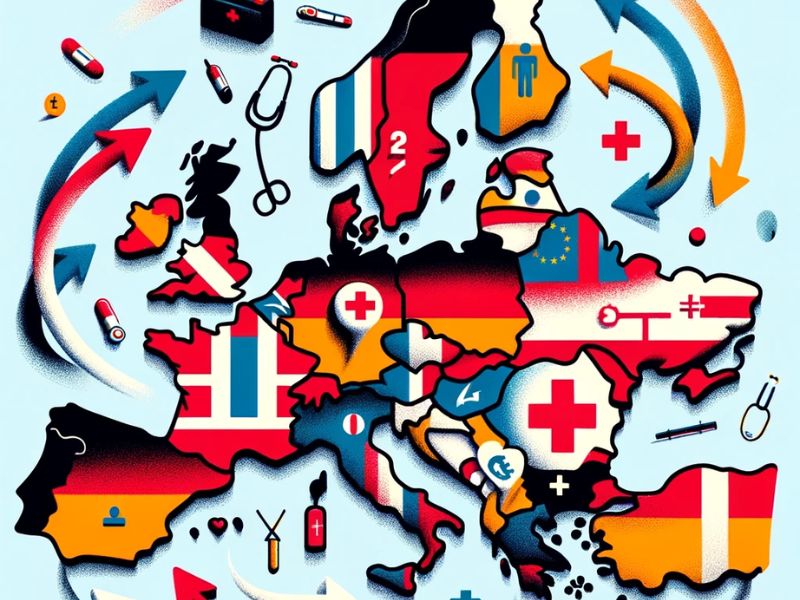

In Germany, the shortage of nursing staff continues to worsen, with a demand for approximately 150,000 foreign nurses needed by 2025. This shortage has been evident for years, and as a result, German authorities are seeking to attract more foreign nurses through the international recruitment program “Triple Win.” The country is grappling with a healthcare staff shortage, a trend that has been on the rise in recent years.
In the United Kingdom, the government has committed to ensuring an additional 50,000 nurses for the NHS in England within the next year. Nevertheless, the Health Foundation estimates that there are still 43,000 vacancies for nurses in NHS England. A decrease in healthcare staff from the European Economic Area has fueled the demand for more workers. Consequently, the UK has witnessed an increase in the recruitment of healthcare staff from outside the EU.
Ireland is facing a “serious shortage of medical staff,” as confirmed by the President of the Commission of the Irish Medical Organisation. The country is competing with nations like Australia and Canada for doctors but is losing this competition. Difficulty in hiring junior doctors and the high number of vacancies for consultants are exacerbating the issue. Additionally, Ireland is facing a growing challenge in recruiting healthcare staff from Spain, which, in turn, is grappling with a healthcare crisis.
These issues are not isolated to a single country but are part of a broader crisis affecting all of Europe. The shortage of healthcare personnel is having a significant impact on healthcare systems, with direct consequences for patient care and the sustainability of healthcare services.
Sources
